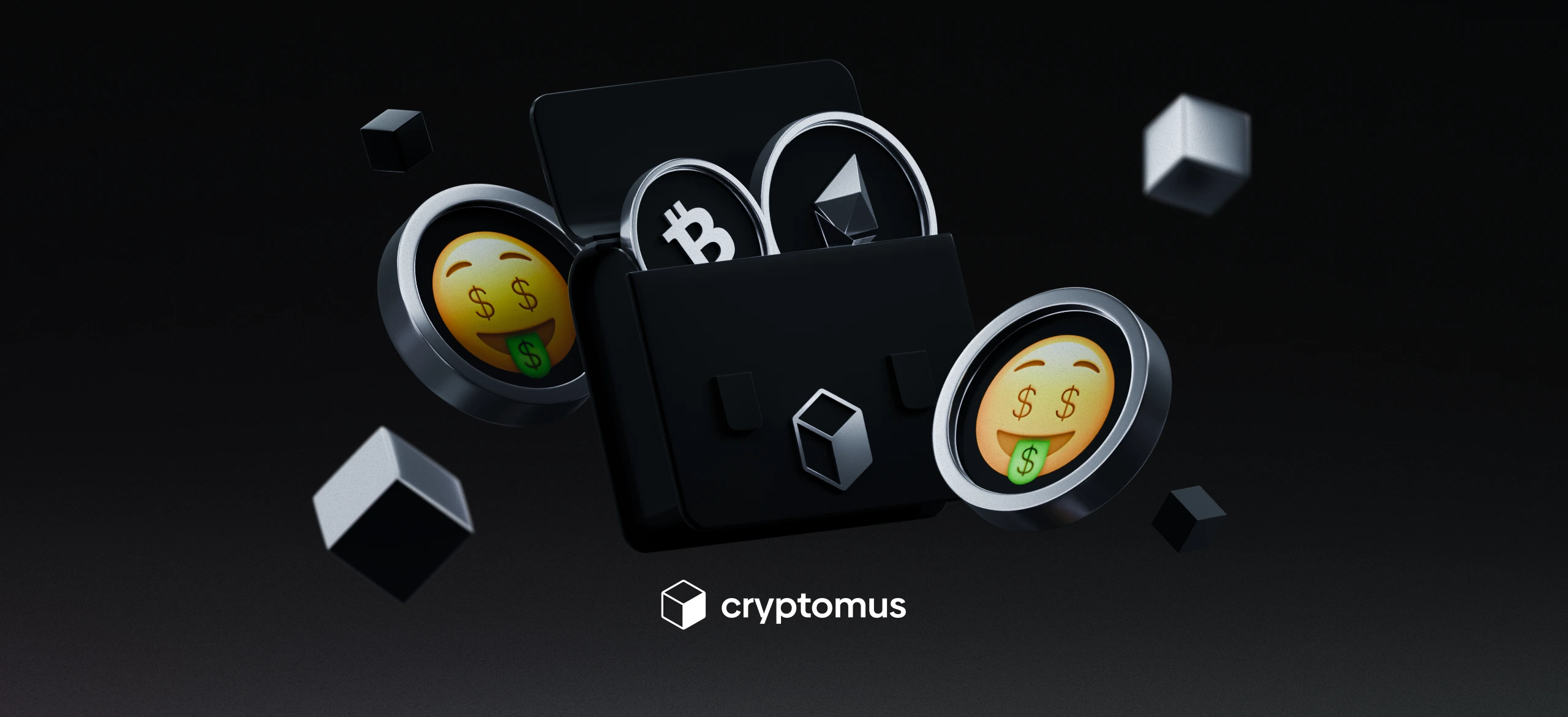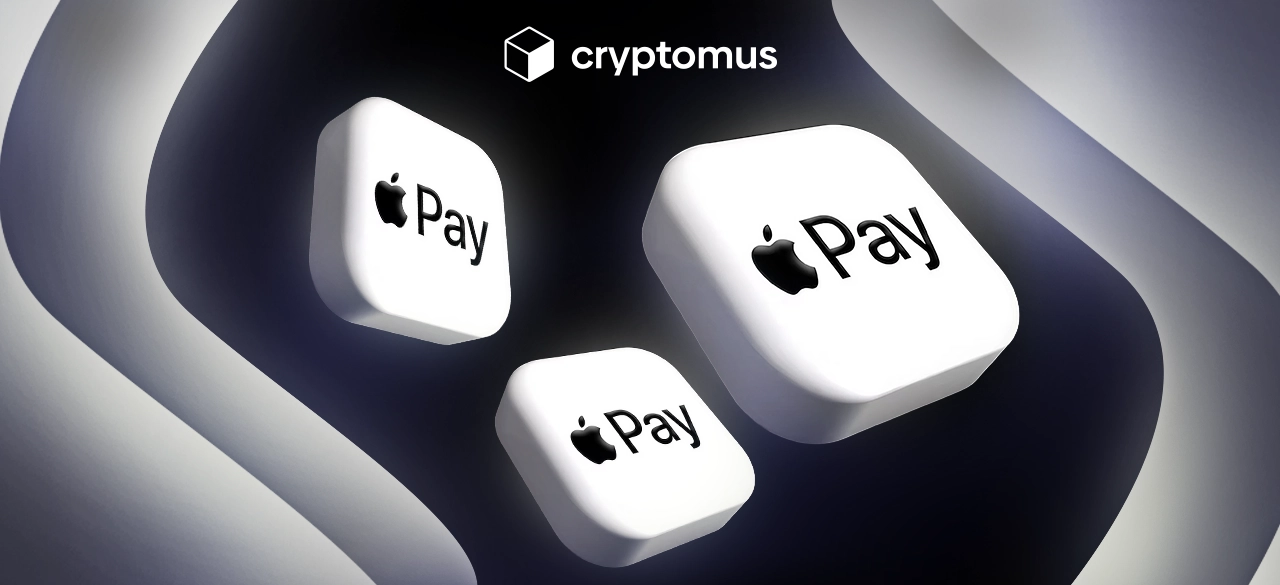
Reasons You Should Invest in Crypto Right Now
Table of Contents
Cryptocurrency is becoming an increasingly popular investment option. In addition to traditional instruments such as stocks, bonds, and other securities, private investors are considering cryptocurrency as part of their investment portfolio.
Crypto as an Investment
Crypto has already outgrown its experimental stage and taken a place as an important element of the global financial ecosystem. It remains highly volatile and carries significant risk — but those price swings also create opportunities for outsized returns that traditional markets rarely offer.
The cryptocurrency market provides a wide range of investment tools: from simple spot trading and long-term holding to margin trading, derivatives, staking, and yield strategies, allowing investors to choose the risk level and strategy that suits them. With a low entry threshold (you can start with as little as one dollar) crypto offers freedom and flexibility few asset classes can match. Add 24/7 global market access —and you'll get a perfect asset to invest in.
Moreover, unlike assets tied to centralized authorities, cryptos can’t be arbitrarily diluted or frozen: there is no unexpected emission, no single owner, and your digital assets can't be seized or blocked as easily as traditional securities. For many, this combination of accessibility, autonomy, and return potential makes crypto a compelling investment opportunity.
There are many reasons to invest in crypto. Below, we will look at the top 10 most fundamental and convincing ones.
1. High Risks High Returns
Since its inception, crypto has shown some of the most impressive results among all asset classes. Bitcoin has grown from pennies to tens of thousands of dollars, and Ethereum has become the foundation for an entire sector of the digital economy. Of course, growth is not linear — periods of growth are followed by corrections — but the overall trend remains positive. For long-term investors, it's a signal that despite volatility, crypto is capable of generating significant returns over a period of several years.
2. Low Entry Point
Crypto has one of the lowest entry thresholds in the investment world. You don’t need a large starting capital, a broker, or special qualifications — even a few dollars are enough to begin building a portfolio. Wallets are created in minutes, and you can buy fractional amounts of major assets like Bitcoin or Ethereum, making the market accessible to anyone. This freedom allows both beginners and experienced investors to start small, test strategies, and scale gradually without high financial pressure or restrictive requirements typical for traditional markets.
3. Passive Income Possibility
Crypto offers not only capital growth but also passive income opportunities. Additionally to trading, you can stake your assets — locking them to support network security and earning rewards in return. Staking turns long-term holdings into an income stream, letting your crypto work for you. For example, on Cryptomus you can stake Tron (TRX) and earn up to 20% APR, combining long-term investment with passive rewards. This means your assets don’t just sit idle — they generate value and help you grow capital even during market consolidation periods.
4. Proven Stability
Bitcoin and Ethereum have been around for over a decade and have survived numerous crashes, scandals, and crises of the sector. Despite all this, they didn’t disappear but have grown stronger. Bitcoin now is the most recognized digital asset, a “blockchain-based analogue of gold”, and Ethereum established itself as the basis for thousands of projects, from financial protocols to NFT platforms. This stability shows that crypto isn’t a temporary trend but a long-term phenomenon that continues to evolve and find new applications.
5. Global Access
Crypto is accessible to anyone with an internet connection — no need for brokerage accounts, special licenses, or complex financial infrastructure. While traditional markets often require working through intermediaries and meeting regulatory or geographic restrictions, crypto lets you invest directly from your phone, wherever you are. You can buy, hold, or trade assets 24/7 from any country, without waiting for banking approvals or market opening hours. This global accessibility makes crypto one of the most open and flexible investment environments in the world.

6. Protection Against Inflation
Fiat currencies are gradually losing their purchasing power, especially during periods of economic crisis. Crypto, on the other hand, is not subject to uncontrolled issuance. For example, the amount of Bitcoin is strictly limited, making it a digital analogue of gold. When government currencies depreciate, an asset with a fixed supply can retain its value and even increase it. In many countries where inflation has long been out of control, people are switching to crypto to protect their savings and avoid dependence on the banking system.
7. Portfolio Diversification
Crypto helps to make an investment portfolio more balanced. Unlike stocks and bonds, its behaviour doesn’t always depend on traditional economic cycles, offsetting the decline of other assets. When the stock market falls, cryptocurrencies sometimes move in the opposite direction, increasing the overall stability of the portfolio. Investing in them allows investors to diversify their holdings and develop a more adaptable strategy that can withstand market fluctuations.
8. Independence and Full Control Over Funds
Investing in crypto provides something that traditional finance cannot offer: complete control over your capital. Without intermediaries, currency restrictions, or dependence on bank decisions, individuals gain access to assets that they own directly. This is especially important in times of economic uncertainty, when fiat currencies are depreciating and trust in financial institutions is falling. Crypto allows you to preserve and grow your capital outside of political and bureaucratic risks, providing real financial autonomy.
9. Institutional Support and Legalization
The crypto market is no longer the “wild west”; it’s increasingly recognized by financial corporations, investment funds, and governments. The launch of crypto ETFs, the creation of legally regulated exchanges, and the development of tax rules have heavily strengthened market confidence and stability. Big banks and funds now include cryptocurrencies in their strategies, which means that digital assets have already become part of the global financial system. For private investors, it’s a signal that the market is developing, maturing, and becoming safer to participate in.
10. Upgoing Trend
Crypto has become a cultural trend as much as a financial one. For younger generations, investing in digital assets is not just about returns — it’s about belonging to a modern, tech-driven world. Owning crypto signals awareness, progressiveness, and digital literacy, much like using cutting-edge tech or being part of early internet culture once did. Crypto communities, events, and online spaces connect people across industries — from developers and entrepreneurs to creatives and gamers — forming networks and friendships built around shared curiosity and ambition. Engaging with crypto often opens doors to new social circles, career opportunities, and conversations that define the future.
Crypto Vs. Stocks
Investors often compare cryptocurrencies and stocks, as both categories are considered investment assets. But there is a fundamental difference between them in terms of their nature and behavior. Stocks are basically a share in a company. They depend on its financial results, management decisions, and the state of the economy. Crypto, in its turn, operates on blockchain tech and exists independently of specific companies or countries. Its value is determined by demand, limited supply, and user confidence in the ecosystem.
Another aspect of difference is that stocks are more predictable: they can be analyzed based on financial statements and dividends, but they are closely linked to economic cycles and central bank policies. Crypto is way more volatile and sensitive to market sentiment, but this is precisely what creates the potential for high returns. Where the stock market grows by percentages, the crypto market is capable of growing exponentially. At the same time, digital assets don’t require the participation of intermediaries—they are available to anyone with an internet connection and a wallet.
Choosing between crypto and stocks depends on the investor's goals. Stocks are better suited for stability and long-term returns, while crypto means risks but potentially higher returns and participation in the new technological economy. Many investors often combine both approaches, creating a balanced portfolio in which traditional assets ensure reliability and crypto adds growth and innovation.
So, crypto is a great choice for investors for various reasons. It represents not just a new asset class but a new financial philosophy—one built on transparency, accessibility, and technological innovation. While stocks remain the backbone of traditional finance, cryptocurrencies open doors to the digital future of money, ownership, and value exchange. For those ready to embrace change and think long-term, crypto offers the chance to be part of a global shift that’s redefining how the world invests, trades, and builds wealth.
What do you think of our list of reasons? Did we convince you to invest in crypto? Why? Share your thoughts in the comments below!
Simplify Your Crypto Journey
Want to store, send, accept, stake, or trade cryptocurrencies? With Cryptomus it's all possible — sign up and manage your cryptocurrency funds with our handy tools.
Get Started









